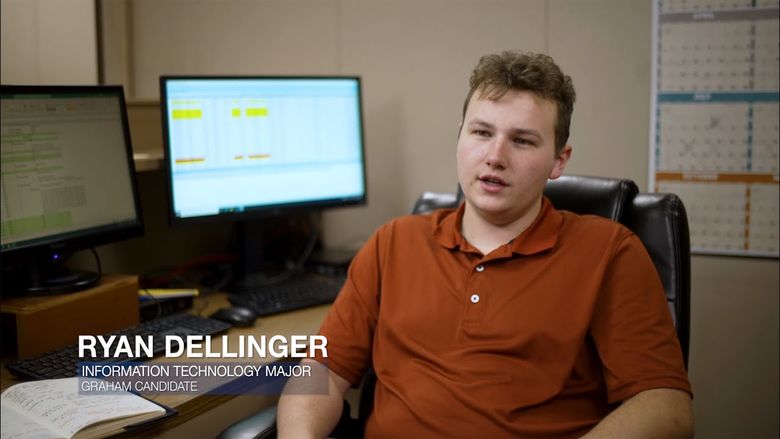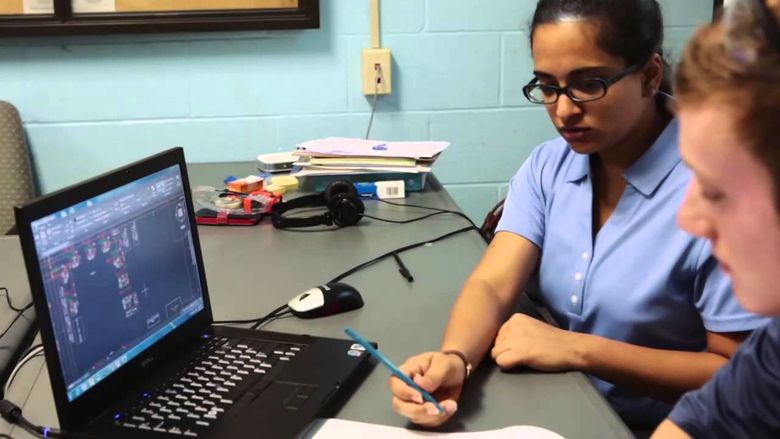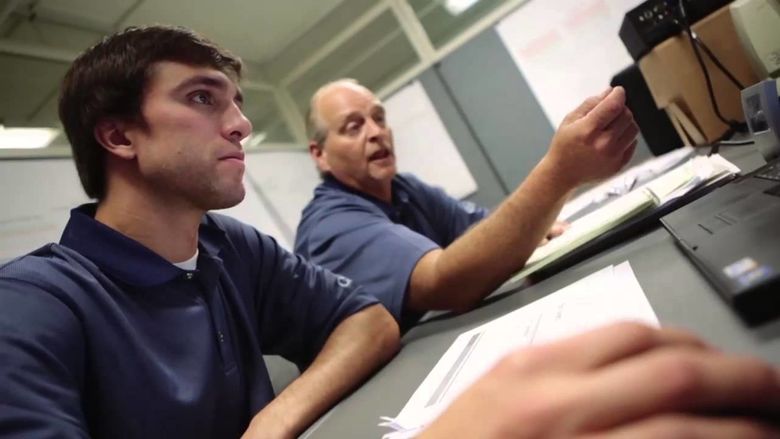Mentoring is a process of accompaniment and sharing of work experiences. It is a way of assisting a Penn State student to become familiar with planned job experiences and the environment in which the student will work. It requires a desire to share experiences that include successes as well as failures and is based on trust and mutual respect.
A mentor should:
- Provide a meaningful intern experience
- Enable the intern to gain a working knowledge and appreciation of the organization's broader operations
- Share knowledge, technical expertise, and life experiences
- Develop the intern’s self-confidence
- Explain and continually reinforce the company’s values
- Identify effective and ineffective techniques
- Serve as a counselor when decision making is required
- Serve as a role model for the intern
- Expect and encourage two-way communications
- Serve as an advocate for the intern
A mentor must be able to:
- Assign tasks that will enable the interns to utilize the skills acquired through their academic experience
- Be patient and understanding
- Be flexible
- Help the intern to convert learning into practice
- Communicate effectively
- Be consistent and reliably
Mentoring Responsibilities
Identifying Roles
- Clearly understand the motivations to be a mentor
- Mentor with a realistic assessment of your skills and experiences
Communication
- Provide clear expectations to the intern
- Remain flexible throughout the process
- Create reasonable goals that include realistic timelines and an understanding of the final product
Working Collaboratively
- Provide visual or descriptive examples of the expectation
- Identify the intern’s shortcomings and work on the improvement of those shortcomings
- Build upon the strengths of the intern
- Offer feedback that is constructive in nature
- Periodically evaluate the performance of the intern
- Be consistent
Meeting the Goals
- Participate with the campus representative to evaluate the performance of the intern
- Celebrate the successes of the intern






















